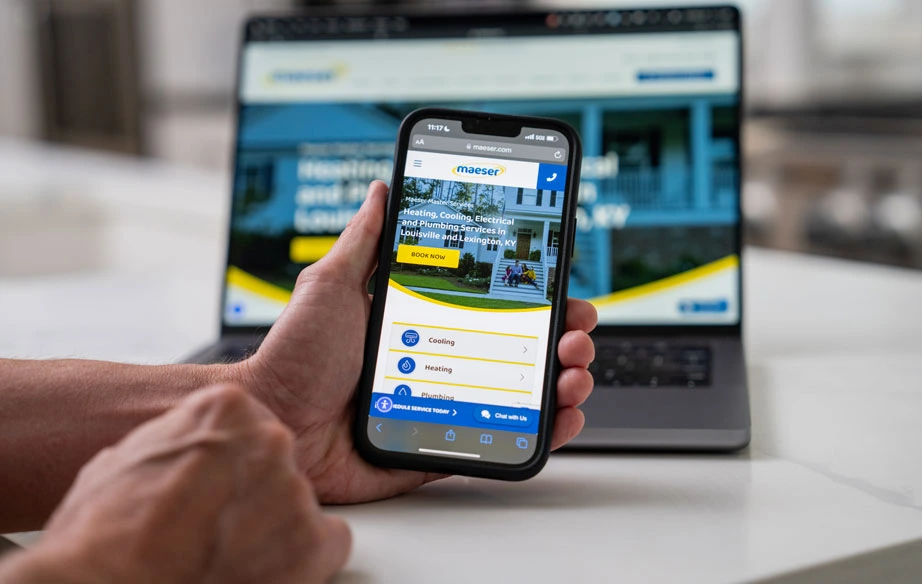What would you do if your basement flooded today? Basements can flood for a lot of reasons, from extreme weather to indoor plumbing problems. For most people, if you don’t have a sump pump backup system already in place, you’d have to call the professionals to bail you out—quite literally. And since water damage can be expensive and sometimes devastating to deal with, it’s better to take preventative measures now rather than to deal with the fallout later.
Here’s everything you need to know about sump pump backup systems.
What Is a Sump Pump?
If you originally came from a dry climate or are new to living in a single family home, you may be unfamiliar with the concept of a sump pump. Essentially, a sump pump is designed to pump water out from the lowest point of your basement. If you opt for a submersible sump pump, it’ll be installed inside a pit that is dug in your basement, so that it can start to pump water out if the pit begins to fill. A pedestal sump pump, on the other hand, is designed to be elevated and pump out the water from beneath it.
Whichever style sump pump you get, the goal is the same: to remove water from your home in case the basement starts to flood. Whether you live in a wet area, have a leaky foundation, or encounter lots of severe weather that could cause flooding in your basement, a sump pump is an ideal way to protect your home from flooding and water damage.
When Do You Need a Sump Pump?
If you came from a dry area, you’ve probably never needed a sump pump before. But in wetter regions, such as the Louisville, Kentucky, area, homeowners often need some way to remove water from the basement in order to prevent flooding. Even if you only need to use it once, it’ll pay off to have a system already in place.
Here are a few signs you might need a sump pump in your basement:
- You live on a flood plain or in an area that is prone to flooding
- You live in an area that gets a lot of rain or snow
- You’ve seen evidence of moisture in your basement
- Your basement has flooded in the past
- Your home already has a sump pump, but it needs to be replaced
Do You Need a Sump Pump Backup?
What will you do if heavy rainfall, flooding, or water damage causes the power to your sump pump to go out? This is when it’s useful to have a backup plan. When having a foolproof sump pump backup system in place is important, opt for a water-powered backup sump pump. Rather than relying on electricity or battery power, a water-powered backup pump utilizes the pressure in your home’s water lines to drive the pump. This keeps the water out of your home no matter what, and ensures your investment won’t go to waste.
When Should You Call a Professional?
It should go without saying that the initial installation of your sump pump should always be done by professionals. You’re counting on this system to bail you out (literally) should your basement become flooded, so you’ll want to make sure everything is done right. Professionals have the experience necessary for a foolproof install, plus we can suggest a system, compare the pros and cons of different systems, and recommend features such as sump pump backup batteries that you might not have thought of on your own.
It is also recommended to call a professional should you have any trouble with your existing sump pump, as well as for periodic maintenance, particularly if you haven’t used your pump in a while. It doesn’t do you any good to have a system in place only to find it doesn’t work when needed!
Expert Help from Maeser
The best bet for protecting your home from flooding and water damage is to work with a professional you can trust to help you make good decisions. With decades of experience, Maeser can help you select and get set up with the sump pump backup system that is best for your needs.



